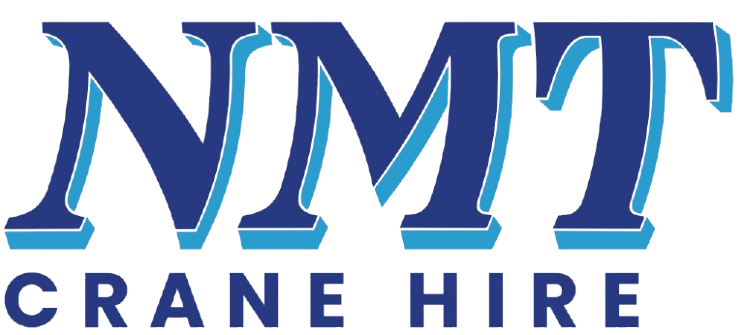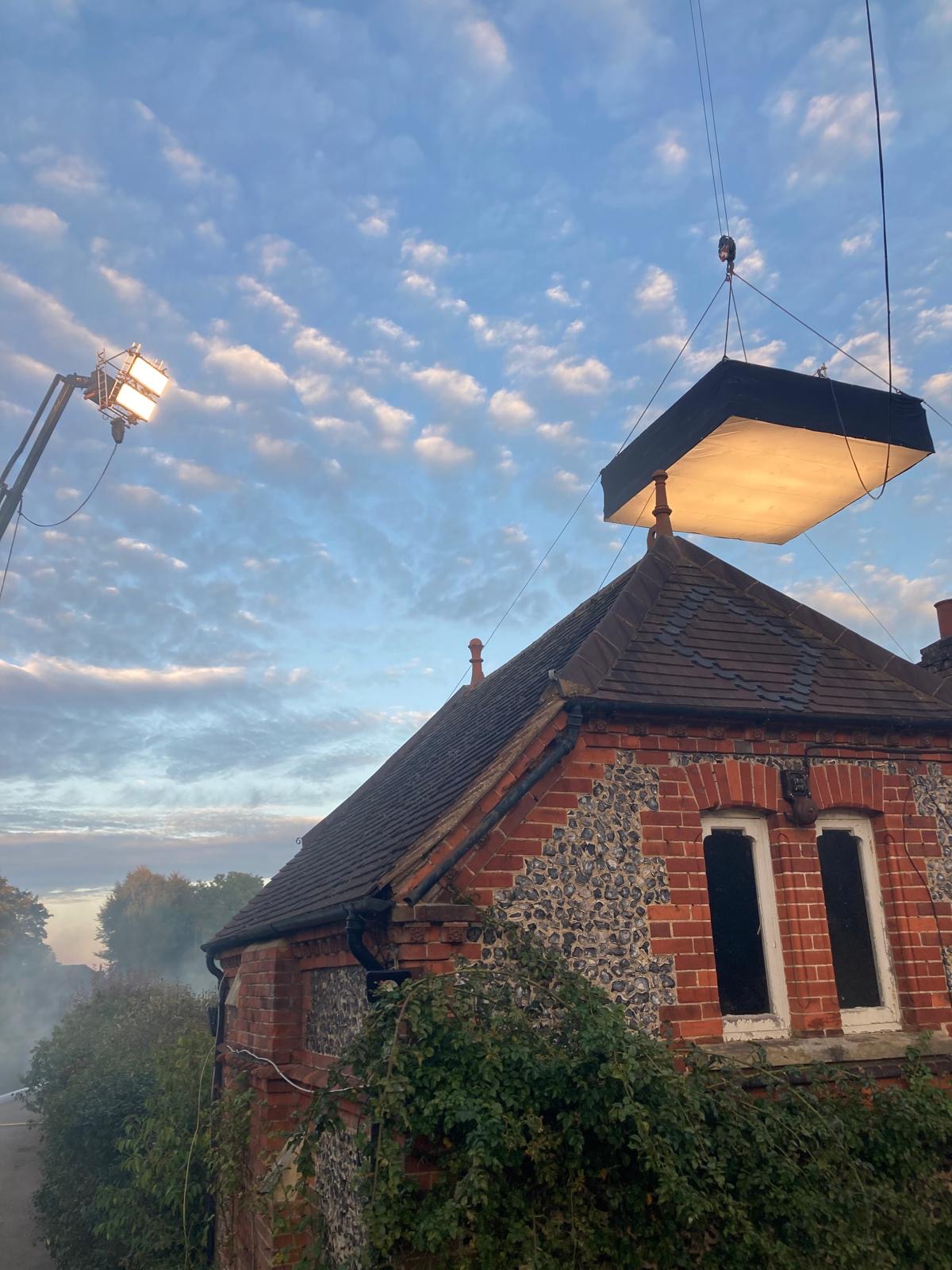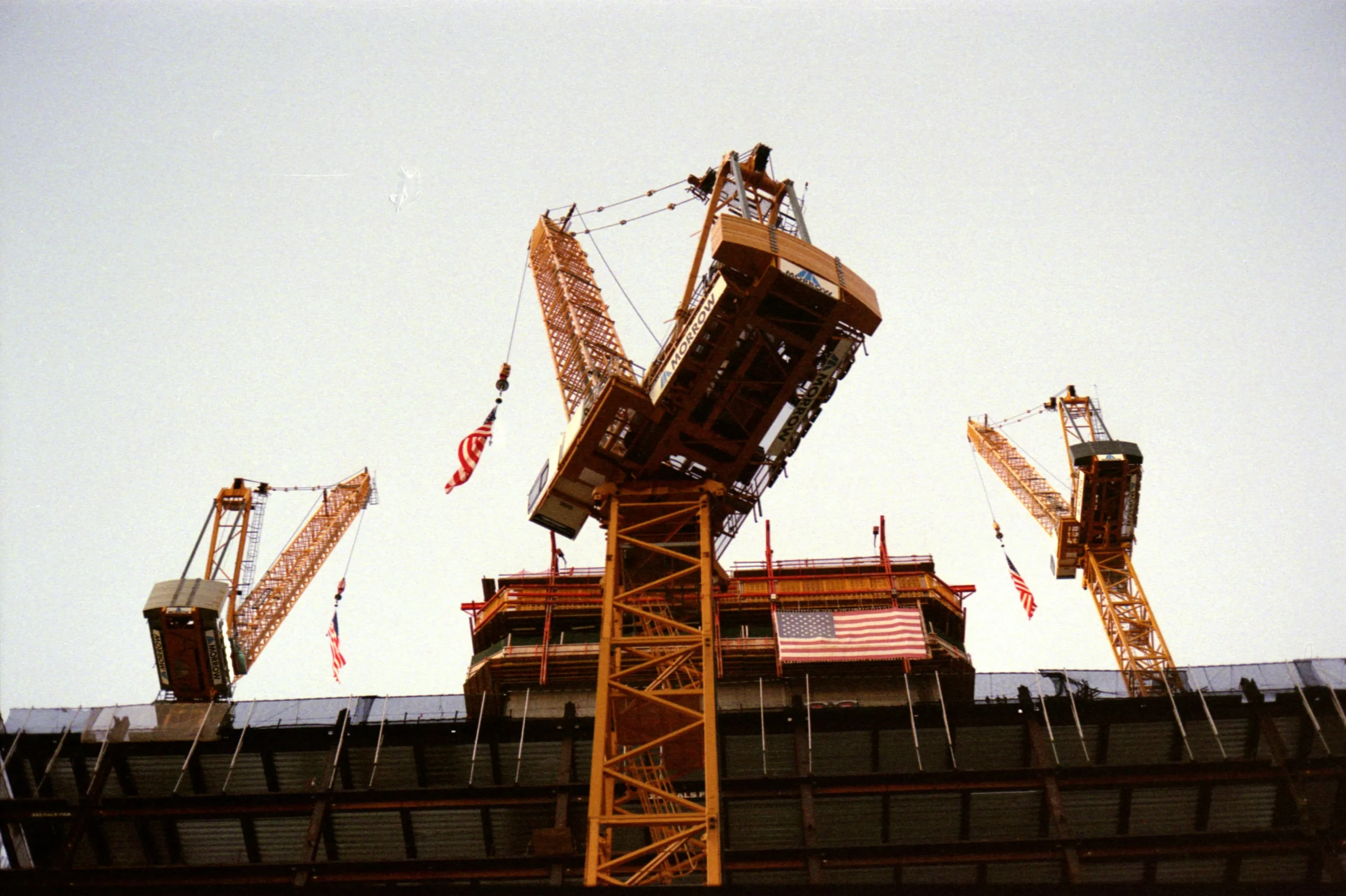Are you somebody who loves a physical challenge at work all while keeping your days fun and rewarding? Well, becoming a crane operator for the film and tv industry might just be the pathway for you. Whether you are somebody who would love to learn more or someone who has already done their research on this workfield but wants any additional tips, we are the perfect business to learn from.
Here at NMT Crane Hire, we specialise in crane operation and have worked on some of Hollywood’s leading films such as The Batman, Cinderella (2021), Mission Impossible (Dead Reckoning) and many more! Continue reading our blog to find out how to get into the industry. Keep an eye out for any of our job opportunities.
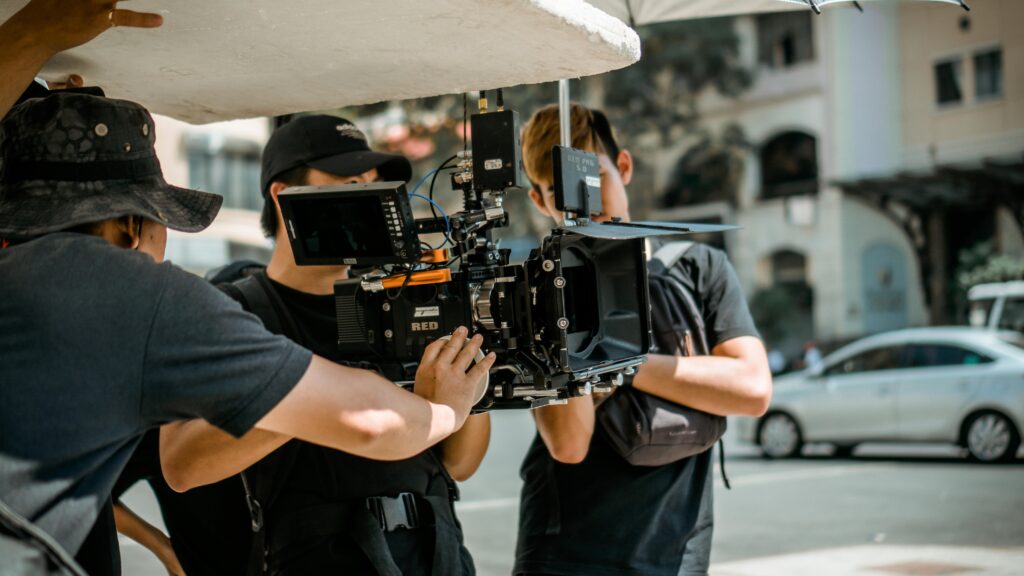
Key Skill Sets To Have
Becoming a crane operator in film and television is a specialist career that blends technical skill with creative awareness. The role is very different from traditional crane work, as you are helping to move cameras smoothly to create cinematic shots rather than lifting heavy loads. Here are five key skills to focus on if you are looking to enter the industry.
1. Technical knowledge and training
A strong understanding of crane operation is essential before stepping onto a film set. This includes learning how cranes work, understanding lifting capacities, rigging, and balance, and completing recognised operator training such as a CPCS card. Building this foundation helps ensure every movement is both safe and precise.
2. Coordination and smooth control
In film production, the smallest movement can affect a shot. You will need to master the ability to move the crane gently and consistently to create impressive camera motion. This skill takes time to develop but is crucial for producing professional, cinematic results that meet the director’s vision.
3. Awareness on set
Film sets are busy and often restricted environments, filled with lighting rigs, cables, and crew members. You must stay alert and understand how to position and move safely within tight spaces. Good spatial awareness and respect for on-set safety procedures are essential to keep both people and equipment protected.
4. Communication and teamwork
Crane operators work closely with the camera department, grips, and directors of photography. You will need to listen carefully, take instruction clearly, and communicate effectively, often under time pressure. Being able to work well as part of a team makes a huge difference to the pace and efficiency of a shoot.
5. Professional attitude and reliability
Reputation is everything in the film and television industry. Showing professionalism, turning up on time, staying calm under pressure, and being ready to learn from experienced operators can open doors to future projects. A positive attitude and commitment to safety will help you stand out and build trust within production teams.
Becoming a crane operator for film and television takes training, patience, and a willingness to learn. For those with the right mindset, it offers an exciting opportunity to work at the heart of film production and contribute directly to creating memorable on-screen moments.
The Common Process To Becoming A Crane Operator For This Industry
Working as a crane operator in film and television is a specialised career that combines technical skill with creativity. The route into this field usually begins with gaining recognised qualifications and hands-on experience before moving into the film sector through camera and grip departments. Below is the most common process followed in the UK.
1. Start with basic training and qualifications
The first step is to gain a solid grounding in crane operation and safety. Most people begin by completing an accredited training course that leads to a CPCS (Construction Plant Competence Scheme) card, which is the standard qualification for crane operators in the UK. Some also go on to complete an NVQ Level 2 or Level 3 in Plant Operations (Construction) to demonstrate practical competence. These qualifications cover essential areas such as crane setup, rigging, load control, and health and safety procedures.
2. Gain practical experience in general crane work
Before moving into the film and TV industry, it is common to build experience in construction or industrial crane hire. This helps you develop confidence with real-world lifting operations and allows you to understand how to manage cranes safely and efficiently in busy environments. Experience with different types of cranes and lifting situations is invaluable when later transferring those skills to camera cranes.
3. Progress into the film industry through grip or camera departments
Once you are confident operating cranes, the next step is to enter the film industry. Most people do this by starting in junior roles such as a crane assistant, grip trainee, or camera grip assistant. These positions allow you to learn how cranes are used to support camera movement on set. You will gain experience setting up equipment, understanding shot planning, and working closely with cinematographers and directors of photography.
4. Train on film-specific cranes and camera systems
Film and television productions use highly specialised cranes. These are designed for smooth, controlled camera movement rather than lifting heavy loads. Learning to operate these safely requires further training, often provided by film equipment hire companies like us at NMT Cranes, grip training providers, or through on-the-job learning under experienced operators. Understanding remote heads, balance control, and precision movement is key at this stage.
5. Build industry experience and professional reputation
Like many roles in film and television, success as a crane operator depends as much on reputation as it does on skill. Freelance work is the norm, and recommendations from other professionals are often how new operators find opportunities. Demonstrating reliability, safety awareness, and teamwork on set will help you secure consistent work. Joining industry bodies such as BECTU (Broadcasting, Entertainment, Communications and Theatre Union) can also be beneficial for networking and professional development.
6. Continue developing skills and keeping up to date
Technology in the film industry moves quickly, so continuing to train and stay informed is important. Many operators go on to take advanced courses in rigging, remote camera systems, or health and safety management. Staying up to date with equipment innovations helps ensure you remain competitive and in demand for both film and television projects
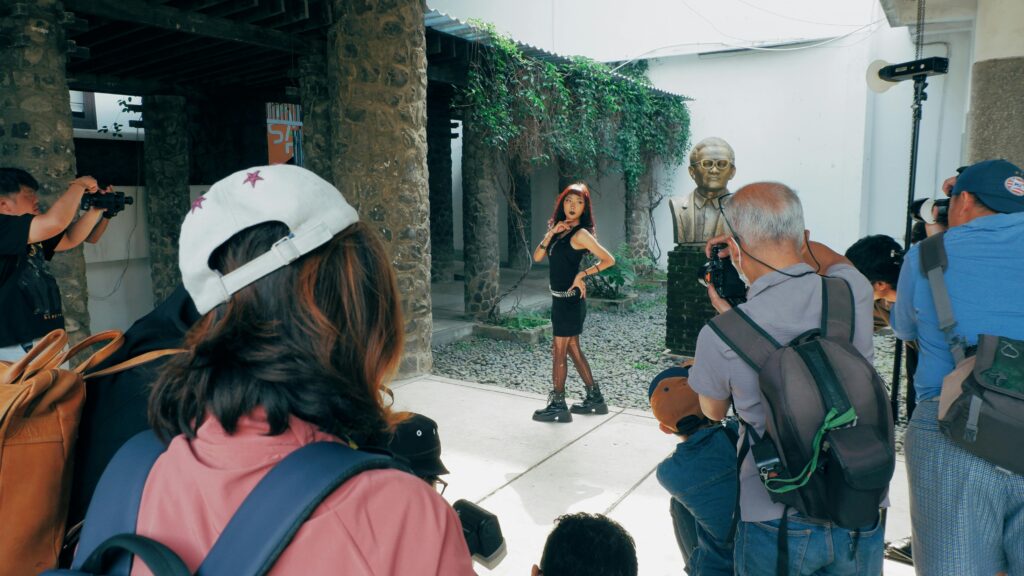
Why Choose This Industry?
This Industry is incredibly rewarding and no day is the same. We pride ourselves on creating magic for different film & tv kinds.
From major feature films to commercials and live broadcasts. Working in this environment means being part of a team that brings creative ideas to life through technical skill and precision.
For those who enjoy hands-on work, problem solving, and being part of something bigger than themselves, it offers a genuine sense of purpose. You’ll have the chance to work on exciting sets, use advanced technology, and collaborate with talented professionals who share the same passion for filmmaking.
Becoming part of the film and television industry is much bigger than it seems already – it’s a career that challenges you, keeps you learning, and rewards you with experiences few other industries can offer.
Contact Us At Nmt Crane Hire
For more information on becoming a crane operator in the film and tv industry get in contact with our team today!
